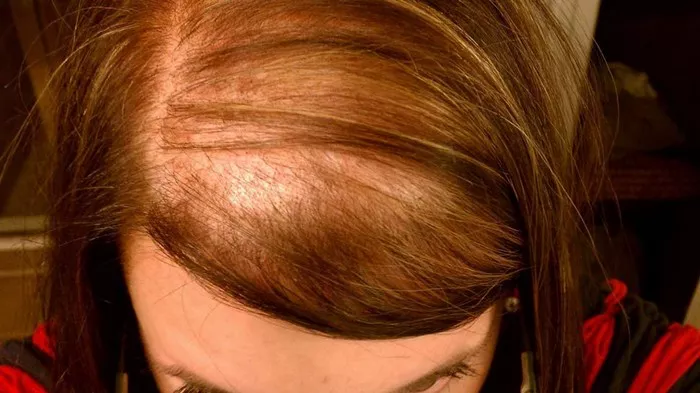The reliability of hair follicle drug tests is under scrutiny following the experiences of Brittany Tucker, whose struggles with addiction have been compounded by controversial drug testing results. In an alarming account, Tucker’s story reveals potential flaws in the testing processes used by state agencies, which could have significant implications for families involved in child welfare cases.
Brittany Tucker’s life took a dramatic turn after the death of her brother in 2015, leading her to develop a substance abuse problem. In 2016, the Georgia Department of Human Services Division of Family and Children Services (DFCS) intervened, resulting in the removal of all four of her children due to concerns about her drug use. Despite her early relapses, Tucker reported achieving sobriety by 2019, motivated by her desire to regain custody of her children.
To comply with state regulations, Tucker underwent numerous drug tests, which were conducted by subcontracted labs affiliated with DFCS. However, she claims that these tests often returned positive results for methamphetamine during periods when she was actually sober. As a result, her visitation rights were severely restricted, leaving her feeling powerless.
Tucker’s attorney, Darice Good, who specializes in DFCS cases, became concerned about the accuracy of the drug tests. Good noted that Tucker’s results from DFCS subcontracted labs frequently indicated drug use, while tests from independent labs showed negative results.
“There are so many false positives in these testing results,” Good stated, emphasizing the impact of these inaccuracies on families striving for reunification.
The labs in question—Averhealth and Expertox—perform both urine and hair follicle testing. DFCS employs these tests because while drugs can typically be detected in urine for up to a week, hair follicle tests can reveal substance use for approximately three months. This extended detection period can be crucial in cases involving child welfare.
In a bid to understand the inconsistencies in Tucker’s test results, Ted Simon, a veteran toxicologist with over a decade of experience at the U.S. Environmental Protection Agency, was consulted. Simon raised concerns about the validity of hair follicle tests, particularly in Tucker’s case.
For instance, Tucker underwent two hair tests within days of each other: one from Expertox, which returned positive results, and another from an independent lab that was negative. Simon pointed out that given the close timeframe of these tests, the results should have been consistent. “Those two samples don’t match up with what you would expect,” he explained.
Additionally, Simon highlighted a case from 2019 where a urine test was negative, yet a subsequent hair test from Averhealth revealed extremely high drug levels. He argued that such discrepancies indicate significant reliability issues with hair follicle testing.
The concerns about hair follicle testing are not limited to individual cases; they reflect broader issues within the testing methodology. The Substance Abuse and Mental Health Services Administration (SAMHSA) has acknowledged that hair testing can be problematic due to environmental contamination and hair color bias. For instance, darker hair tends to retain more drugs because of the melanin content, complicating the interpretation of results.
These complications raise critical questions about the fairness and accuracy of drug testing in child welfare cases. As Good noted, many parents like Tucker are facing harsh consequences, including the loss of their children, based on potentially flawed testing procedures.
The implications of inaccurate drug tests extend beyond individual cases; they affect entire families and the child welfare system. With parents like Tucker facing barriers to reunification due to questionable testing results, the call for reform is growing louder.
As legal professionals and advocates push for more reliable testing standards, the experiences of families impacted by these discrepancies serve as a reminder of the need for vigilance in drug testing practices. The conversation surrounding hair follicle testing and its reliability is likely to continue, particularly as more families share their stories and seek justice in a system that sometimes prioritizes testing results over the complexities of individual circumstances.
The situation surrounding Brittany Tucker and the alleged inaccuracies in hair follicle drug tests highlights significant flaws in the current system. With experts calling for more reliable testing methods and greater accountability within the child welfare system, it’s crucial for policymakers to consider the profound effects these practices have on families striving for stability and reunification. The reliability of hair follicle drug tests remains a pressing issue, one that warrants further investigation and reform to ensure fair treatment for all individuals involved in such sensitive matters.
You Might Be Interested In
- ‘Utah Curls’ Trend Makes $1.5K Extensions Look Low-Effort: ‘Like Having Rapunzel Hair’
- Oldham Salon and Children’s Hair Loss Charity Launches Star-Studded Gala
- Shopper ‘In Tears’ Over ‘Life-Changing’ Straand Hair Care That ‘Eliminates’ Dandruff


